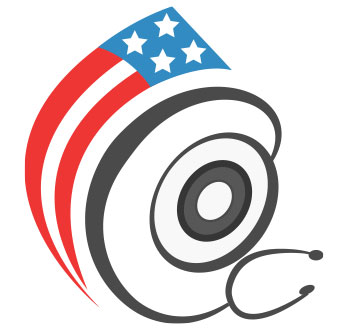
Fight fungal infections with Noxafil
September 30, 2008| AntifungalsMedicine
(Brand Option)
Select Quantity
$79.00 * ($26.33 per capsule)
$99.00 * ($24.75 per capsule)
$210.00 * ($30.00 per capsule)
$407.00 * ($29.07 per capsule)
(Generic Alternative)
Select Quantity
$67.00 * ($1.68 per tablet)
$245.00 * ($4.90 per tablet)
$95.00 * ($3.17 per tablet)
$95.00 * ($1.06 per tablet)
$134.00 * ($1.60 per tablet)
* This price includes a dispensing fee, medical review fee, and packing fee.
You can buy Diflucan from Canada on DoctorSolve.com without leaving the comfort of your home. DoctorSolve™ has been a trustworthy choice for online pharmacy needs in the United States since 1999.
We offer competitive Canadian prices for Diflucan, helping you save thousands of dollars on your medication each year. DoctorSolves™ reputation for exceptional service is backed by a remarkable 4.8/5 customer rating and 1183+ positive reviews.
DoctorSolve™ is verified by Canadian International Pharmacy Association (CIPA) and International Pharmacy Association of British Columbia (IPABC). We prioritize your health by requiring a valid prescription from a healthcare provider, ensuring Diflucan is appropriate for your condition.
If you prefer speaking to a support staff, call +1-866-732-0305 to order Diflucan or fax your prescription to 1-877-251-1650. Our support staff are prompt and will answer all your queries professionally.
Diflucan, also known as fluconazole, is indicated for treating various fungal infections including cryptococcal meningitis (particularly in AIDS patients), vaginal yeast infections, oral and throat thrush, Candida urinary tract infections, and abdominal infections. It is also used to prevent fungal infections in patients receiving chemotherapy or radiation therapy during bone marrow transplantation.
Do's
Diflucan should be administered with caution to patients with liver dysfunction, as it has been associated with rare cases of serious hepatic toxicity, including fatalities, primarily in patients with serious underlying medical conditions.
Diflucan hepatotoxicity has usually, but not always, been reversible on discontinuation of therapy. Patients who develop abnormal liver function tests during Diflucan therapy should be monitored for the development of more severe hepatic injury. Diflucan should be discontinued if clinical signs and symptoms consistent with liver disease develop that may be attributable to Diflucan.
In rare cases, anaphylaxis has been reported as a potential risk associated with Diflucan.
Diflucan may harm an unborn baby. Effective birth control should be used while using fluconazole and for at least 1 week after the last dose. Inform your healthcare provider if pregnancy occurs while using Diflucan. In addition, consult your healthcare provider regarding the safety of breastfeeding while using this medicine.
Caution should be used in prescribing Diflucan to patients with hypersensitivity to other azoles. Coadministration of other drugs known to prolong the QT interval and which are metabolized via the enzyme CYP3A4, such as erythromycin, pimozide, and quinidine, are contraindicated in patients receiving fluconazole. Furthermore, there may be significant interactions with drugs such as warfarin and phenytoin.
Diflucan is generally well tolerated, but consulting a healthcare provider before taking any drug, changing any diet, or commencing or discontinuing any course of treatment is recommended.
Common Side Effects:
Serious Side Effects:
Not all individuals may experience these side effects, and many people using this medication do not have serious side effects. If any of these effects persist or worsen, promptly inform your healthcare provider. In addition, seek medical help immediately if any serious side effects occur.
No, you cannot buy Diflucan over the counter from Canada to the US using an online pharmacy. Diflucan requires a valid prescription from a licensed healthcare provider
The cost of brand-name Diflucan is
No, you cannot get Diflucan capsules without a prescription in Canada. Like in the United States, Diflucan is a prescription-only medication that must be taken under a doctor’s supervision. Diflucan can cause side effects such as serious liver damage and skin reactions.
| Brand Name: | Diflucan |
|---|---|
| Generic name: | Fluconazole, Fluconazole |
| Other Names: | Fluconazole, Forcan, Diflucan, Forcan |
| Strength(s): | 50mg, 100mg, 150mg, 200mg |
| Quantities Available: | 3, 4, 7, 14, 30, 40, 50, 84, 90 |
| Formulation: | Tablet, Capsule |


Guiding you every step of the way, ensuring access to affordable medicines. Our customer service team is available seven days a week to answer any questions or to address any concerns you may have. Please give us a call at Doctor Solve on Monday to Friday from 6am-8pm PST, or Saturdays and Sundays from 7am-5pm PST.